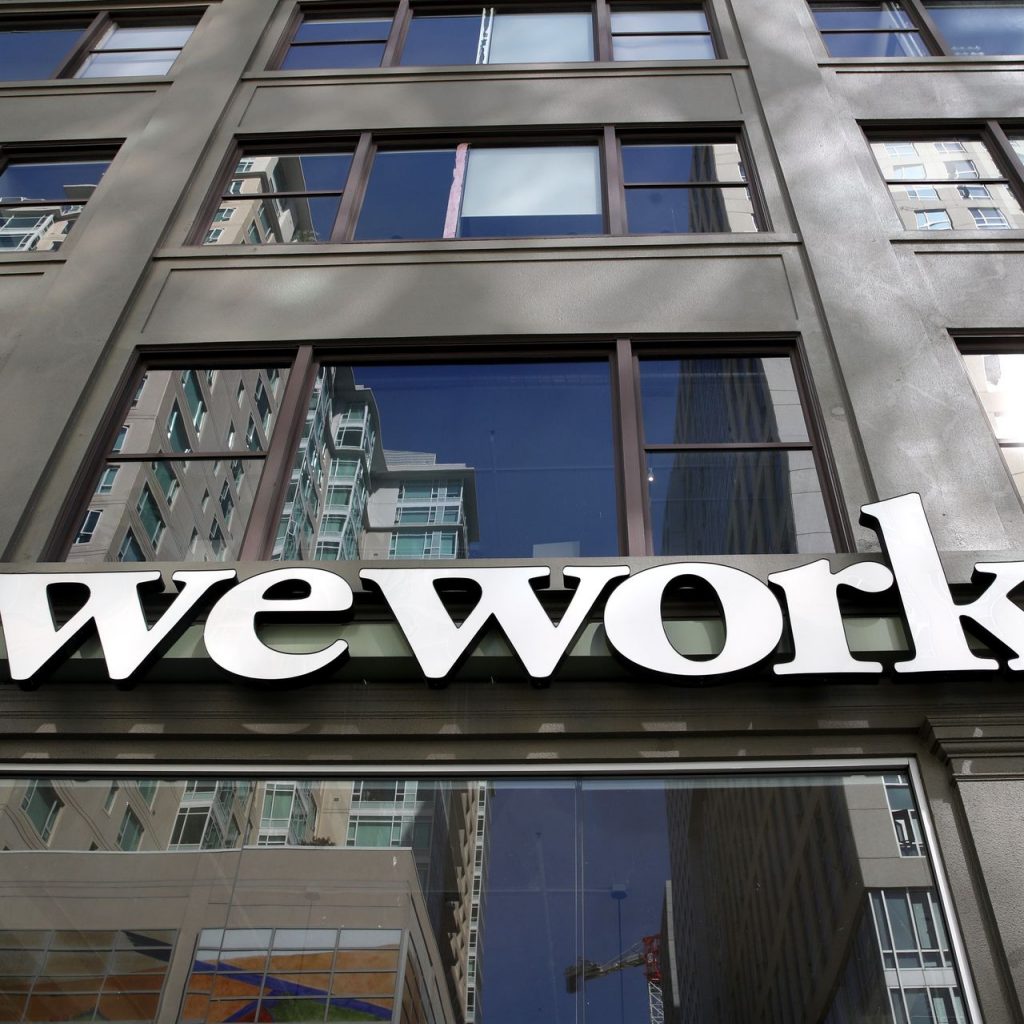Fractional ownership of prime properties like the St. Regis Aspen Hotel, student housing, or TwinRock’s Digital Liquidity Fund for commercial real estate aren’t the only assets that are going digital. Today, there’s a new breed of stock brokerage that is disrupting the old way of buying and selling whole shares of stocks, bonds, commodities, and ETFs.
What is a fractional share of stock?
In the same way that digital real estate shares are used to own small pieces of a big property, a fractional share of stock is a piece of a whole share. Instead of focusing on buying shares of a company, an investor looks at putting dollars into a company.
Let’s say an investor has $1,000 to purchase Facebook stock. Currently, a single share of Facebook is $188.62, so the investor can only purchase 5 whole shares. That leaves $56.90 – or 5.7% of the total investment capital – sitting on the sidelines. However, with fractional ownership, the entire $1,000 can be invested in Facebook to purchase 5.3016 shares of the stock.
Interestingly, the idea of fractional shares of stock isn’t something new. Dividend reinvestment programs have been used for quite some time to allow people to purchase additional stock with dividends.
Why are fractional shares so important?
As the prices of whole shares of stocks rise, they become out of reach for many investors. For example, a single share of Berkshire Hathaway currently trades for about $300,000 per share. Maritime transportation company Seaboard Corporation is about $3,800 per share, and today you’d have to spend $1,811 to buy a single share of Amazon.
Fractional shares allow retail investors to own expensive stocks that they would otherwise be unable to, and to realize the benefits that stock market investing offers:
- Diversification
- Investment flexibility
- Capital stays fully invested
Three examples of fractional share investing online brokerages
There are a variety of fractional share brokerages for investors to choose from. Some offer discounted fees for buying fractional shares of a specific company, others are portfolio-centric, and some provide investors a way to invest in private growth companies that aren’t yet publicly listed.
Stockpile
With only $5 and 99¢ per trade, investors can buy fractional shares of over 1,000 stocks and ETFs. There are no monthly fees or minimum balances. Stockpile is also family-friendly, allowing children to open a custodial account with an adult to begin learning the benefits of long-term investing.
Motif
Beginning minimum investment balances range from $1 for investing in a fractional share of a single stock to $300 for investing in one of Motif’s thematic portfolios.
Investors can choose from pre-made portfolios built around themes such as cryptos, green energy, or the residential rental market. Motif’s can also be selected based on investing style or multi-asset models. If investors choose, they can create their own portfolio of individual companies and then invest in a single transaction.
SharesPost
Accredited and non accredited investors seeking to place capital in private companies and digital securities can do so through SharesPost.
Privately-held growth companies in the SharesPost marketplace include coworking giant WeWork, cryptocurrency firm Ripple, biotechnology company 23andMe, and Robinhood – which is also another online brokerage for fractional share investing.
Fractional real estate investing vs. the stock market
Be it with stocks or real estate, fractionally investing allows people to put all of their money to use all of the time. Investors that have $250,000 in capital don’t have to save another $50,000 to buy a single share of Berkshire Hathaway or put together a 30% down payment to purchase a Class A office building in Texas.
Owning fractional shares of stocks, bonds, ETFs, or real estate lets investors diversify portfolios by being flexible and always fully invested. However, when structured properly, digital shares of real estate also offer investors proportional benefits that fractional shares of stocks don’t:
- Share of monthly rental income streams
- Profit from real estate market value appreciation
- Depreciation to reduce taxable net income
- Deferral of realized capital gains tax
- Opportunity to own a share of ‘real’ property
Join Our Newsletter!




